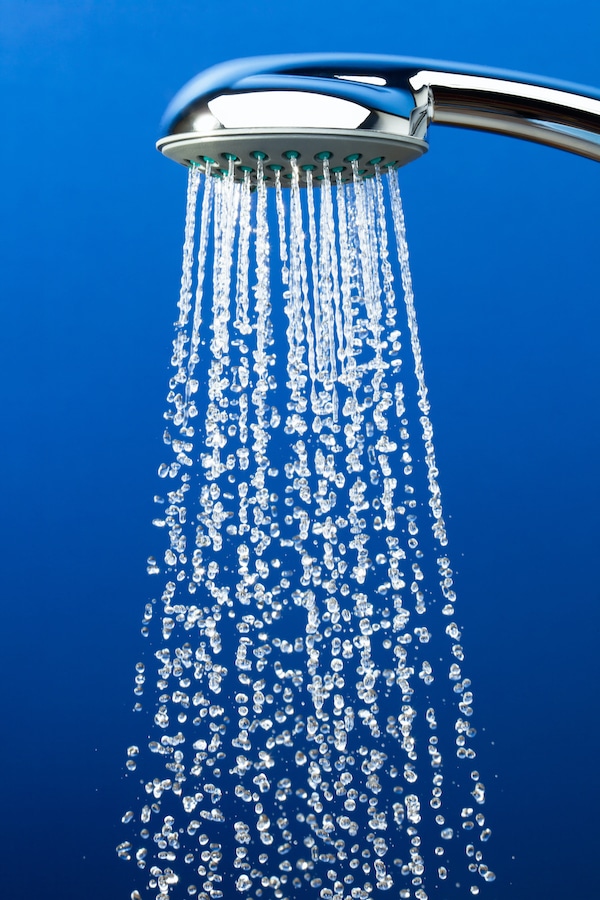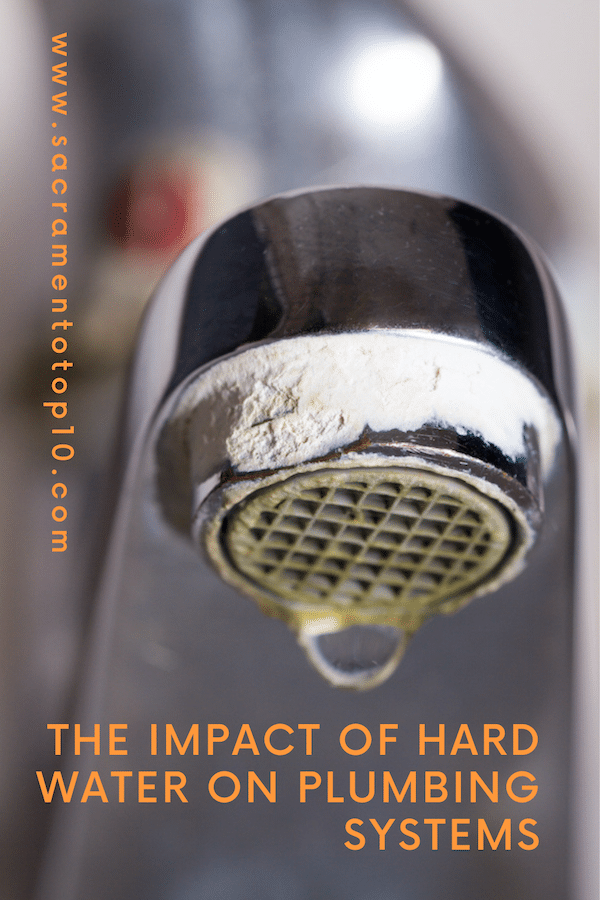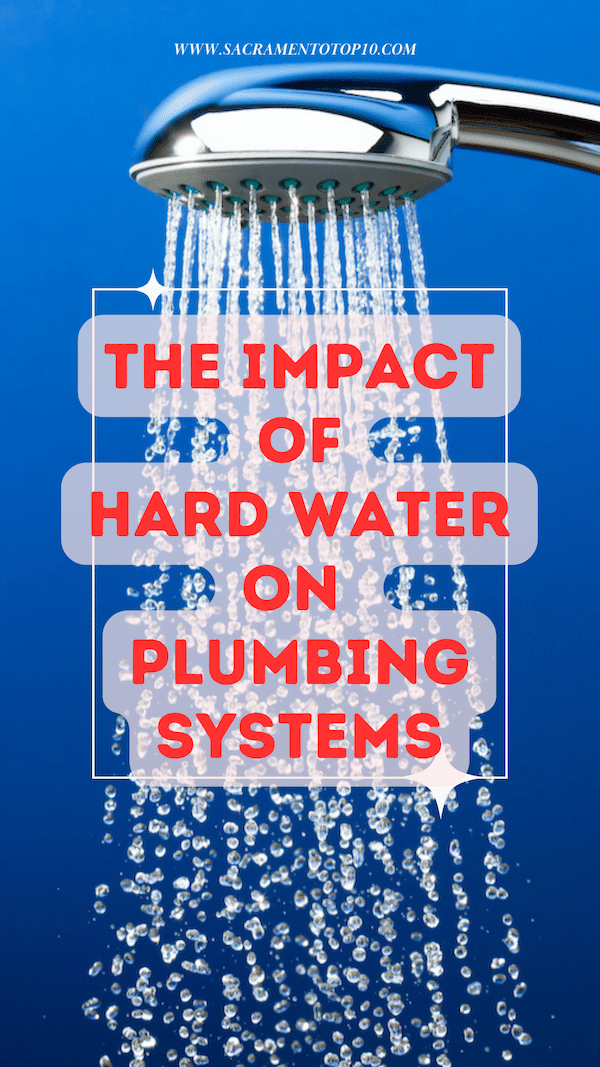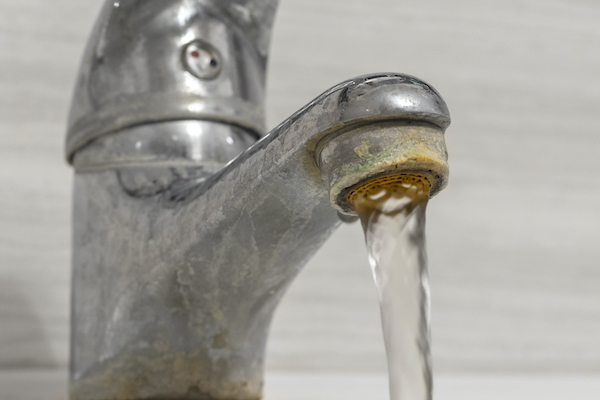Hard water can have a significant impact on plumbing systems, leading to a variety of problems that can affect both the functionality and the longevity of pipes, fixtures, and appliances. In Sacramento, where hard water is a common issue, it’s essential to understand the effects of this type of water and what can be done to minimize its impact.
What is hard water?
Hard water is water that has a high mineral content, typically containing high levels of calcium and magnesium. While these minerals are not harmful to human health, they can cause problems for plumbing systems.
The effects of hard water on plumbing
Scaling: Over time, the minerals in hard water can build up inside pipes, reducing the flow of water and potentially leading to clogs. This buildup, known as scaling, can also reduce the efficiency of water-using appliances, such as washing machines and dishwashers.
Corrosion: Hard water can also lead to corrosion of pipes and fixtures, which can cause leaks and other damage. In severe cases, corrosion can cause pipes to fail completely.
Stains: Hard water can leave behind unsightly stains on fixtures and appliances, making them difficult to clean.
Do We Have Hard Water in Sacramento?
Yes, Sacramento has hard water. The Sacramento Municipal Utility District (SMUD) reports that the water in the region is classified as moderately hard, with an average hardness of 121 milligrams per liter (mg/L) of calcium carbonate. This means that the water contains high levels of dissolved minerals, including calcium and magnesium, which can cause scale buildup and other problems. Installing a water softener or other treatment system can help reduce the effects of hard water in your household.
Hard water can have a significant impact on plumbing systems, but with the help of Sacramento plumbers, it’s possible to minimize its effects and keep your plumbing running smoothly. If you’re experiencing problems with hard water, don’t hesitate to contact a professional for help.
Choosing Between a Water Softener or a Descaler to Deal with Hard Water
Water Softeners: What You Need to Know
If you live in an area with hard water, you may have considered installing a water softener. But what exactly is a water softener, and how does it work? In this blog post, we’ll explore the basics of water softeners and their benefits.
What is a Water Softener?
A water softener is a device that removes minerals such as calcium and magnesium from hard water. Hard water is water that contains high levels of dissolved minerals, which can cause scale buildup and damage to appliances and plumbing. Water softeners use a process called ion exchange to remove these minerals and replace them with sodium ions.
How Does a Water Softener Work?
A water softener consists of a tank filled with resin beads that are coated with sodium ions. When hard water enters the tank, the calcium and magnesium ions in the water are attracted to the resin beads, and the sodium ions are released into the water. This process removes the minerals that cause hard water and replaces them with sodium ions, which do not cause scale buildup.
Benefits of Water Softeners
Longer Appliance Lifespan: Hard water can cause scale buildup on appliances like dishwashers and washing machines, reducing their efficiency and shortening their lifespan. Water softeners can help prevent this damage.
Softer Skin and Hair: Hard water can cause skin irritation and dryness, as well as make it more difficult to lather soap and shampoo. Water softeners can help make skin and hair feel softer and more manageable.
Cleaner Dishes and Clothes: Hard water can leave spots and stains on dishes and clothing, making them look dingy. Water softeners can help prevent these issues and keep dishes and clothes looking clean.
Reduced Plumbing Maintenance: Hard water can cause scale buildup in pipes and plumbing fixtures, leading to clogs and other plumbing issues. Water softeners can help prevent this damage and reduce the need for plumbing maintenance.
Drawbacks of Water Softeners
Increased Sodium Levels: Water softeners replace calcium and magnesium ions with sodium ions, which can increase the sodium content of the water. This can be a concern for those on low-sodium diets.
Regeneration Cycle: Water softeners require a regeneration cycle where the resin beads are cleaned and recharged with sodium ions. This process uses water and can produce wastewater, which can be a concern in areas with water scarcity.
Descalers: An Alternative to Water Softeners
If you live in an area with hard water, you may be familiar with the problems it can cause, such as scale buildup on appliances, plumbing damage, and skin irritation. While water softeners are a common solution to these issues, descalers offer an alternative that may be a better fit for some households.
What are Descalers?
Descalers are devices that use electromagnetic or catalytic technology to alter the structure of minerals in hard water, preventing them from causing scale buildup. They do not remove the minerals from the water like water softeners do, but rather change their chemical composition so that they do not adhere to surfaces.
How Do Descalers Work?
Electromagnetic descalers use a coil of wire that generates a magnetic field around the water pipe. This field alters the structure of the minerals in the water, making them less likely to cause scale buildup. Catalytic descalers use a metal alloy that is installed inside the water pipe, which also alters the structure of the minerals.
Benefits of Descalers
No Salt Needed: Descalers do not require salt like water softeners do, which can be a benefit for households on a low-sodium diet or for those who want to reduce their environmental impact.
No Wastewater: Water softeners require a regeneration cycle that produces wastewater, which can be a concern in areas with water scarcity. Descalers do not require any water to be flushed, making them a more environmentally-friendly option.
Lower Maintenance: Descalers do not require as much maintenance as water softeners since they do not use salt or have resin beads that need to be replaced.
Cost-effective: Descalers can be a more cost-effective solution compared to water softeners, especially for smaller households.
Drawbacks of Descalers
Limited Effectiveness: Descalers may not be as effective at reducing the effects of hard water compared to water softeners, especially in areas with extremely hard water.
No Removal of Minerals: Descalers do not remove minerals from the water, which can be a drawback for those who prefer to have mineral-free water.
Not Suitable for all Plumbing Systems: Descalers may not work well in certain plumbing systems or may require professional installation.
Hard Water Trenchless Water HeatersFAQ – Frequently Asked Question
Hard Water
Hard water is water that contains high levels of dissolved minerals, typically calcium and magnesium.
Hard water can cause scale buildup on appliances, which can lead to decreased efficiency and a shortened lifespan.
You can usually tell if you have hard water by the presence of scale buildup on appliances, faucets, or showerheads, or if you have difficulty lathering soap or shampoo.
Hard water is not typically harmful to your health, but it can cause skin irritation and dryness, as well as make it more difficult to lather soap.
One way to soften hard water is by using a water softener, which uses ion exchange to remove calcium and magnesium ions and replace them with sodium ions. Another option is to use a water conditioner or descaler, which can reduce the effects of hard water without removing the minerals.
It’s a good idea to test your water for hardness at least once a year, or more frequently if you notice signs of scale buildup or have recently moved to a new area with a different water source.
Hard water can cause scale buildup inside pipes, which can lead to reduced water flow and eventual clogs. It can also cause damage to plumbing fixtures and appliances over time.
Hard water stains can often be removed using a mixture of vinegar and water or a commercial cleaning product designed for removing mineral buildup. Scrubbing with a sponge or brush can also help.







